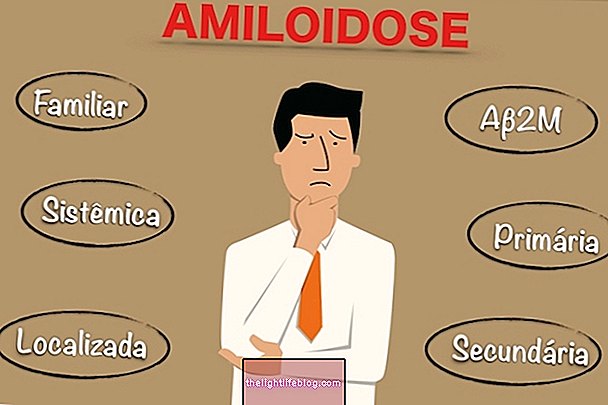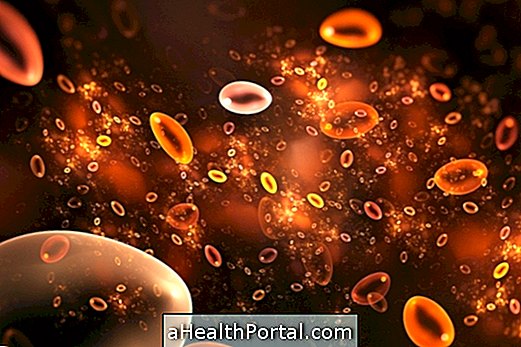Menopause insomnia is related to hormonal changes typical of this phase and so synthetic or natural hormone replacement therapy can be a good solution to beat insomnia and other common symptoms of this phase like hot flashes, anxiety and irritability.
To combat insomnia caused by menopause and ensure a good night's sleep, perform some kind of relaxing activity just before bedtime as reading a book under a weaker light is a natural way to avoid insomnia.

Home Remedy for Menopause Insomnia
A good home remedy to combat menopausal insomnia is to take passion fruit leaf tea the night before going to sleep because it has sedative properties that favor sleep.
Ingredients
- 18 grams of passion fruit leaves
- 2 cups boiling water
Method of preparation
Add the chopped passion fruit leaves to the boiling water and cover for about 10 minutes, strain and drink the following. It is recommended to drink at least 2 cups of this tea every day.
Another option is to take the Passiflora capsules sold commercially under the name of Pasalix because they also favor sleep and are well tolerated by the body not causing dependence.
Tips to Fight Menopausal Insomnia
Some useful tips to combat menopausal insomnia with good sleep habits are:
- Lie down and always get up at the same time even if you have not slept enough;
- Avoid naps during the day;
- Avoid caffeine intake after 6 pm;
- Make the last meal at least 2 hours before going to bed and do not overdo it in quantity;
- Avoid having the television or computer in the room;
- Make sure the room is comfortable enough;
- Exercise regularly but never after 5 pm;
- If you wake up at night do not look at your watch or think about your problems as this can be stressful.
A good tip for a good night's sleep is to take 1 cup of warm cow's milk before bed because it contains tryptophan, a substance that promotes sleep.
If even following all these tips persists, the doctor may indicate the use of the melatonin supplement, for example. Synthetic melatonin improves sleep quality and is therefore very effective against nocturnal awakenings. The recommended dose of melatonin may range from 1 to 3 mg, 30 minutes before bedtime.
Learn how eating can help you get a good night's sleep:























